'Here & Now' Highlights: Anthony Chergosky, Katy Weisenburger, Caroline Gomez-Tom, Mary Mazzio and Mike Wiggins, Jr.
Here's what guests on the April 5, 2024 episode said about Wisconsin's spring election results, major problems with college financial aid applications, fraudulent brokers in the health insurance marketplace, and a new documentary about the Line 5 oil pipeline.
By Frederica Freyberg | Here & Now
April 8, 2024
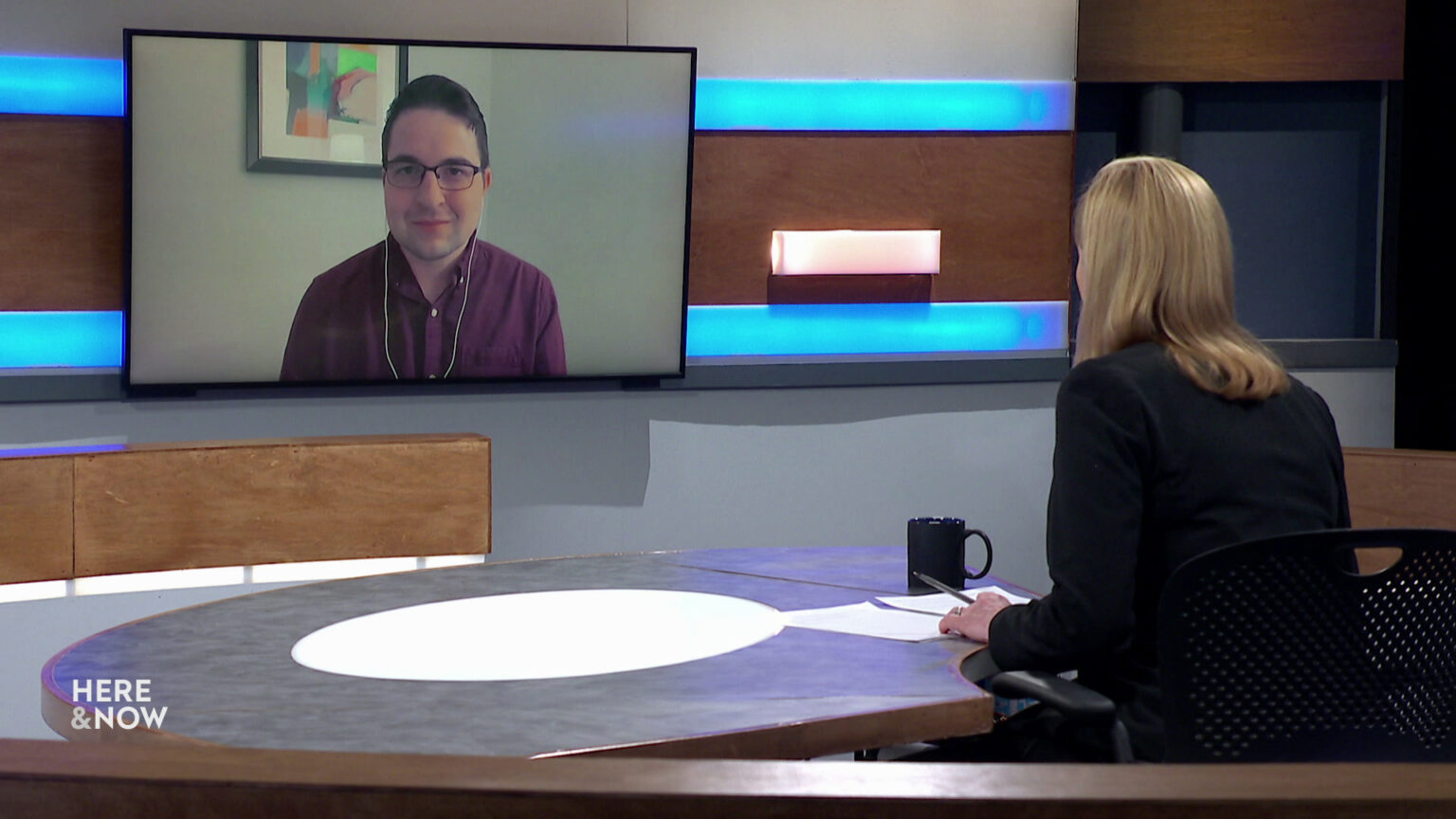
Frederica Freyberg and Anthony Chergosky (Credit: PBS Wisconsin)
Wisconsin’s 2024 spring election saw President Joe Biden and former President Donald Trump win their party primaries, but not without trouble signs for each, according to UW-La Crosse professor Anthony Chergosky. A new version of the Free Application for Federal Student Aid has so many glitches students and families are on hold awaiting financial aid, explained Katy Weisenburger at UW-Madison’s Office of Financial Aid. Unscrupulous out-of-state insurance brokers are targeting people who have Affordable Care Act health care policies — Caroline Gomez-Tom of Covering Wisconsin described warnings for consumers. Filmmaker Mary Mazzio described why she made her acclaimed new documentary Line 5, which chronicles the struggle to protect the land and water of the Bad River Band of the Lake Superior Chippewa, and former tribal chairman Mike Wiggins, Jr. said the film was emotionally powerful.
Anthony Chergosky
Professor, UW-La Crosse Department of Political Science and Public Administration
- The 2024 spring election in Wisconsin saw both President Joe Biden and former President Donald Trump winning their respective presidential primaries. Support for each was not unanimous, though. The Democratic primary had more than 42,000 votes for “uninstructed” over Biden’s approach toward Israel and Gaza, while there were more than 120,000 votes in the Republican primary for someone other than Donald Trump – like Nikki Haley, who remained on the ballot after dropping out. Chergosky said both results point to trouble for both candidates in a race that at this point is dead even.
- Chergosky: “I think the two sides have different concerns. For Biden, the [uninstructed] movement had specific issues with the Biden administration. They had specific objections to the policies and the approaches of the Biden administration. On the Republican side, we’ve seen this time and time again in states during this nomination process where there’s a certain chunk of Republican voters who just aren’t there when it comes to voting for Donald Trump in November or feeling like they’re ready to vote for Donald Trump in November. We’ve seen Nikki Haley consistently peel off key voters in the suburbs. Those white-collar professionals, college graduates who have always been problematic for Donald Trump within the Republican coalition. So Biden and Trump have concerns coming out of the April election here in Wisconsin. But those concerns are very different in nature.”
Katy Weisenburger
Assistant director of federal awards, UW-Madison Office of Student Financial Aid
- The U.S. Department of Education updated its college financial aid form, known as FAFSA, to streamline the application process. The effort has floundered, though, due to numerous technical glitches – leaving would-be applicants delayed in submitting the form in order to receive financial aid packages from prospective colleges. Financial aid officers are working nights and weekends, and calling in extra staff to weather the turmoil, explained Weisenburger.
- Weisenburger: “There have been a lot of technical issues at the beginning. There were some students and families who couldn’t complete the application at all. Most of those technical issues have been resolved, but the biggest issue right now is that people just don’t know what they’re going to receive for financial aid. So it’s really hard to make those decisions about where they’re going to go to school, what they’re going to study. without having all of the information. Typically, we are receiving FAFSA records in October, and we just started to receive them, and we have just been told that, at least 20% may not be accurate. So now we’re going to have to wait for the Department of Education to reprocess those FAFSA records so we can have accurate information.”
Caroline Gomez-Tom
Enrollment network and accessibility manager, Covering Wisconsin
- More than 250,000 people in Wisconsin are covered under the Affordable Care Act in 2024. Health Insurance Marketplace navigators began seeing problems with certain policies during the late 2023 enrollment period and traced it to out-of-state online insurance brokers who targeted customers – offering unsuitable, costly policies or even switching existing coverage unbeknownst to the holder. Gomez-Tom described how consumers can be tricked and said people unsure of the process and concerned about fraud can reach out to Covering Wisconsin.
- Gomez-Tom: “If someone just put health insurance in a Google search and went to a bad website, they could have accidentally got on this list of numbers that people will call. Otherwise, it’s actually someone that, maybe they reached out to, but they’re out-of-state and they’re now getting signed up for a Marketplace plan, usually a $0 a month plan, but because they actually should still be on Medicaid, are now duly enrolled in both of these programs. And it’s not until either they’re actually trying to seek health care or, tax time, when now the IRS is saying they have to reconcile tax credits that they never knew they had. They’re trying to figure out what went wrong.”
Mary Mazzio and Mike Wiggins, Jr.
Bad River director and Bad River Band of Lake Superior Chippewa former tribal chairman
- The new documentary Bad River is showing in theaters across the country, with heavy rotation in Wisconsin. Its story travels centuries back in time, chronicling broken treaties, land loss and attempts to erase Indigenous identity. The heart of the film details the Bad River Band of Lake Superior Chippewa’s fight over a 70-year-old oil pipeline running through its reservation on the shores of Lake Superior. The Canadian company Enbridge owns Line 5, and the contentious legal battles over its precarious condition and the legality of its placement on this land is described in the film. Mazzio heralded the openness and community she found amongst tribal members as she told their story, and Wiggins, Jr. said he was powerfully touched when he first saw the film.
- Mazzio: “This is a story that has not heretofore had very much attention. It’s about this small native community that, with monumental effort, is looking to protect a resource. As former chairman Mike has said, it’s the freshwater stronghold of America. Here you have this small group of Americans that are fighting tooth and nail to protect the resource — turning down, by the way, $80 million at last check to settle the case. And they’re doing it not for themselves, they’re doing it for all of us. That is a remarkable act of selflessness, of long term thinking. And for me, as a non-native, what a journey this has been.”
- Wiggins: “My first reaction was, actually, I had a very, powerful emotional reaction. The chronicling of the Bad River history, some of it not being the easiest to listen to and watch, culminating with the expression of values as it pertains to the seventh generation, which are children that are still on the way and also our landscapes and our waters. It just was a very, very powerful and the reaction from me was basically tears.”
Watch new episodes of Here & Now at 7:30 p.m. on Fridays.
 Passport
Passport




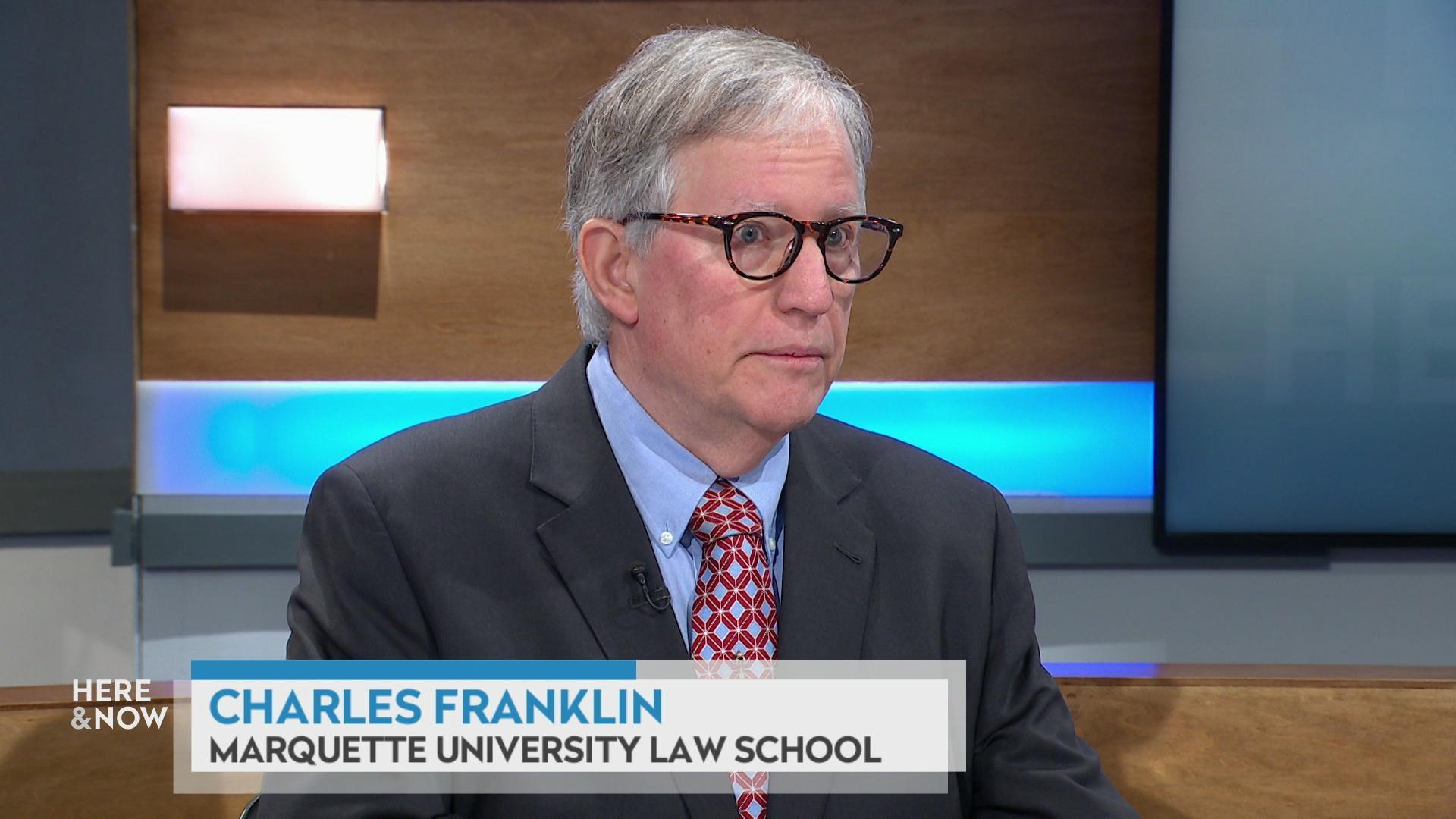
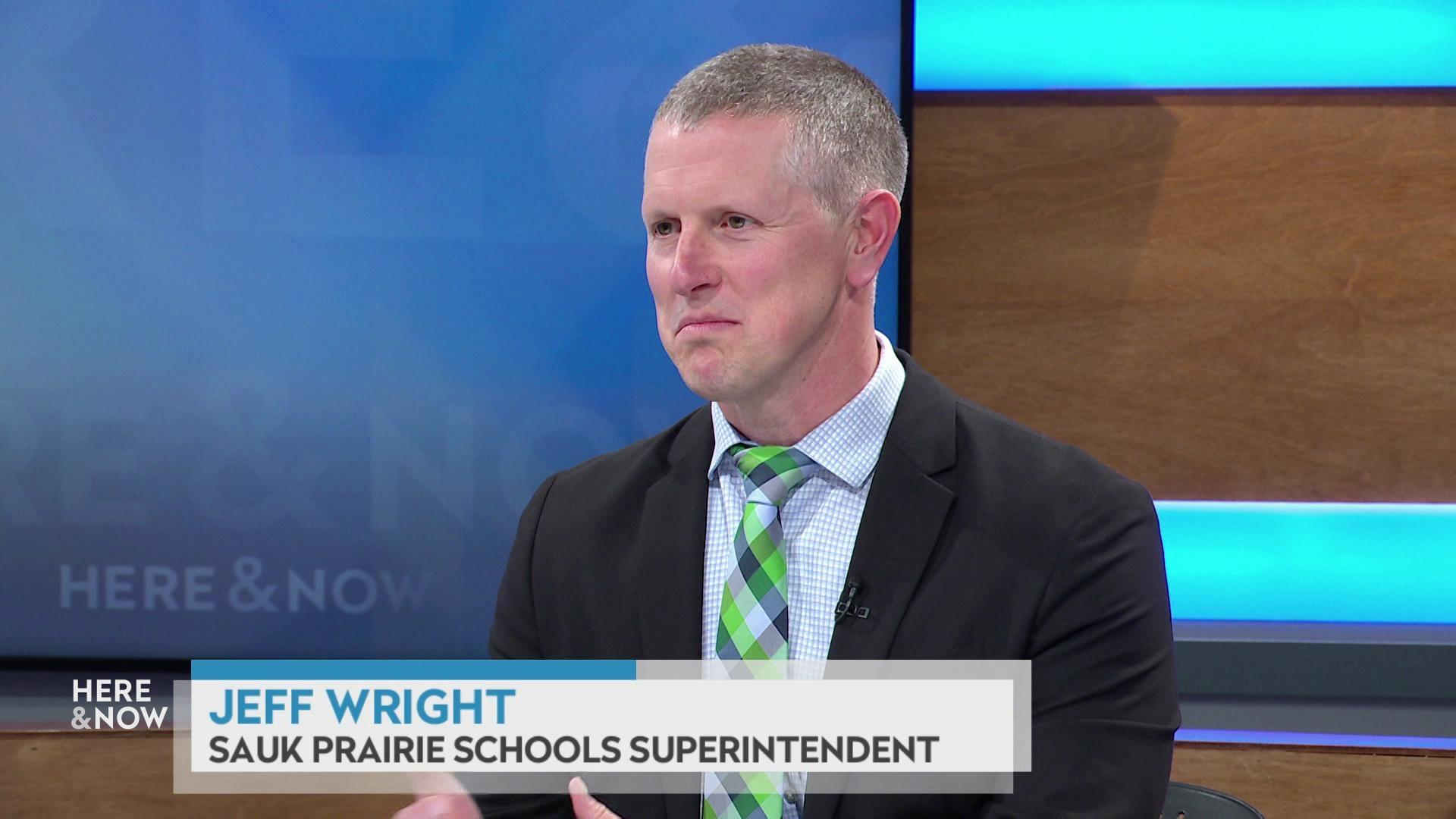
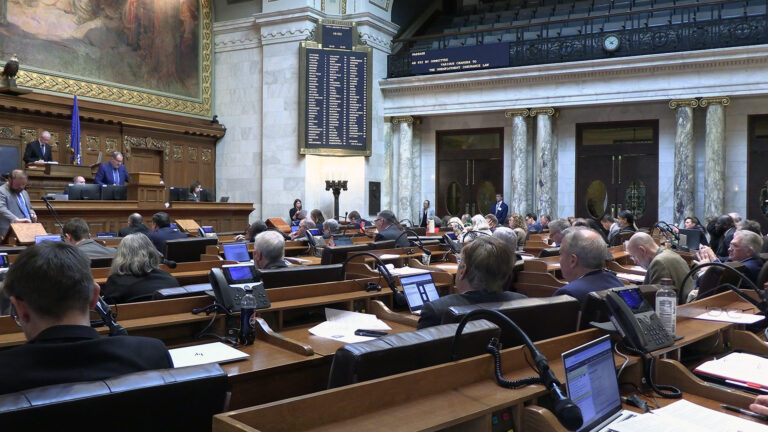

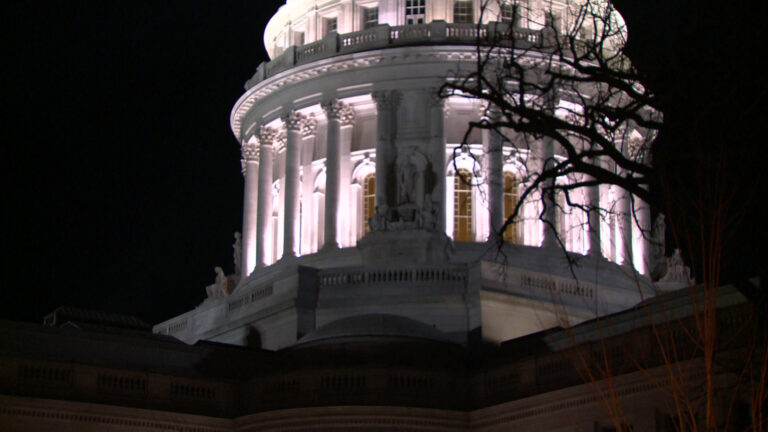
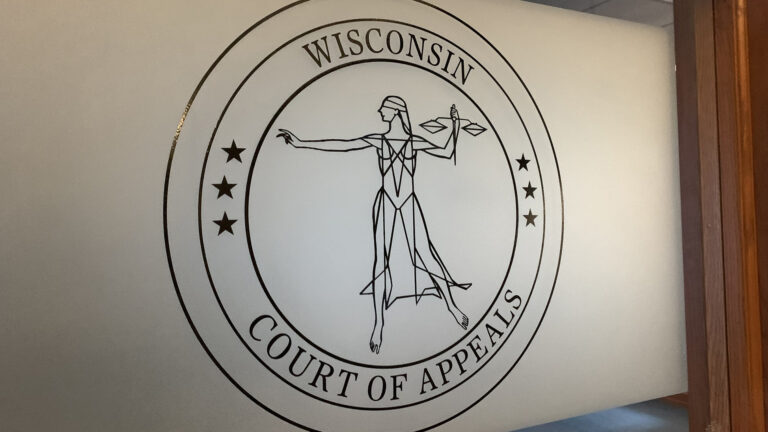

Follow Us